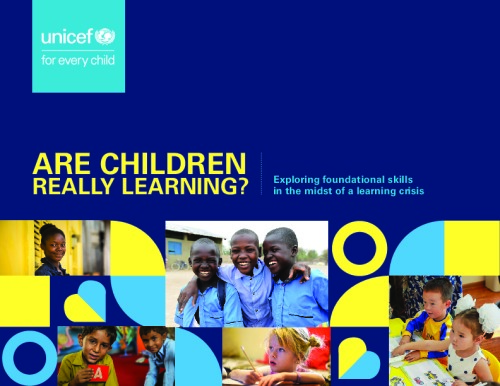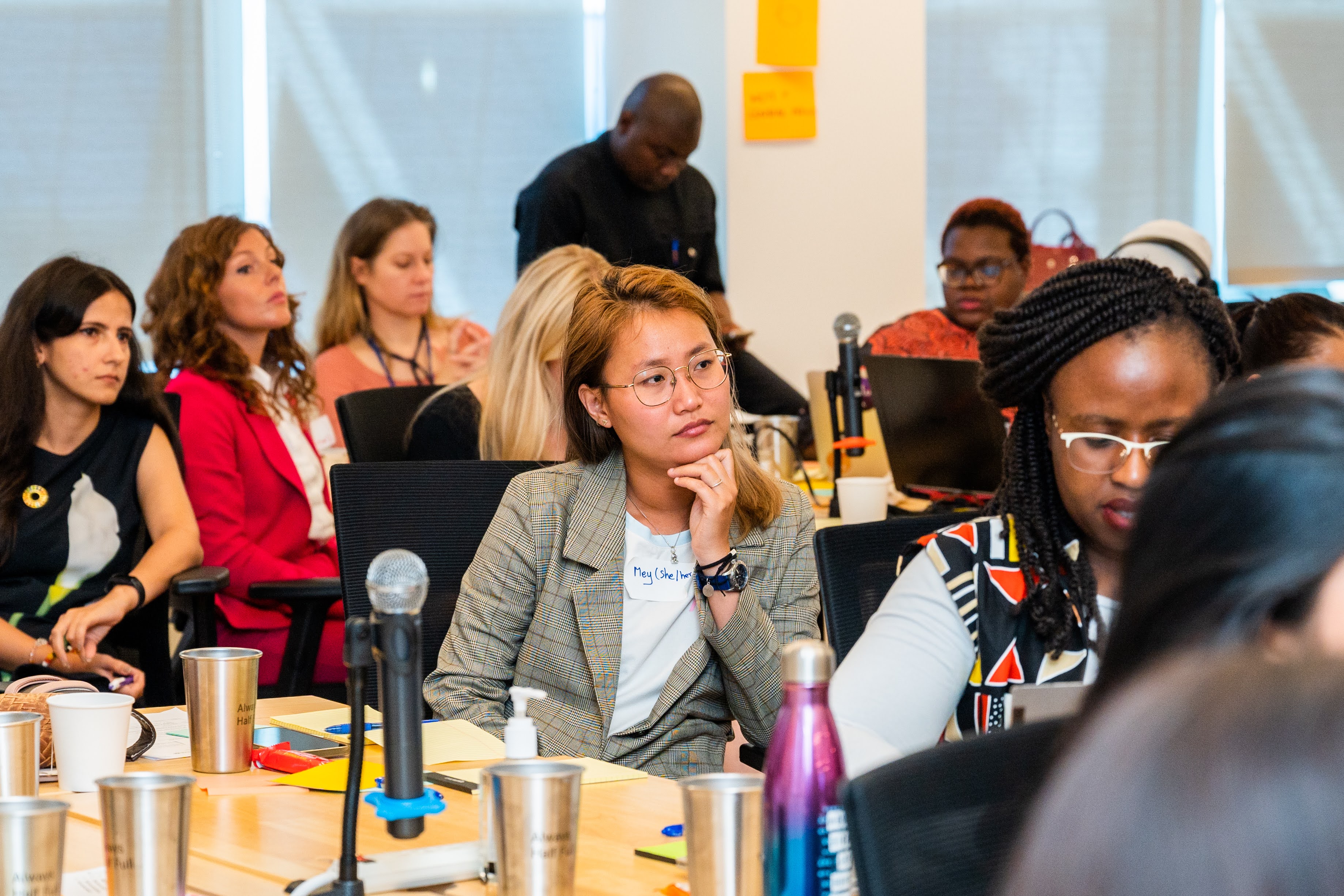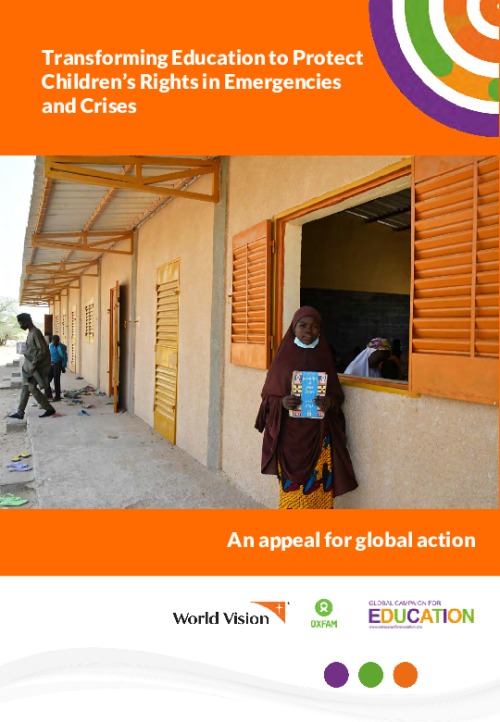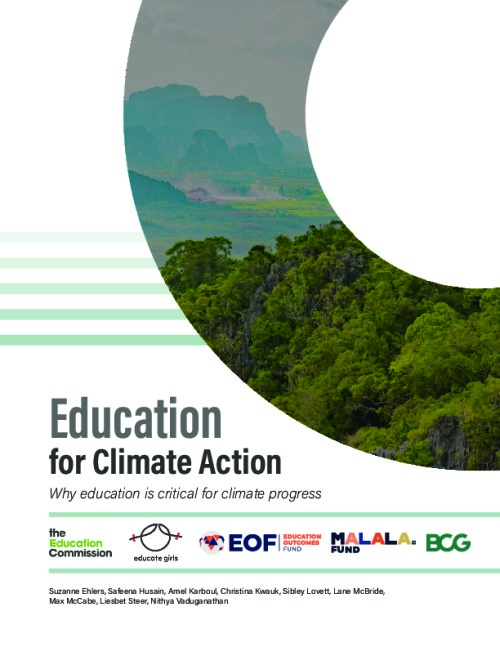Knowledge Hub
Learning and resources on gender in education

Are Children Really Learning? Exploring foundational skills in the midst of a learning crisis
Even before the onset of the COVID-19 pandemic, there were serious questions about whether children were actually learning. With widespread school closures and other disruptions to the education system brought about by the pandemic, the learning crisis has escalated to new heights. As the pandemic enters its third year, 23 countries – home to around 405 million schoolchildren – are yet to fully open schools, with many schoolchildren at risk of dropping out. Over the past two years nearly 147 million children missed more than half of their...
Even before the onset of the COVID-19 pandemic, there were serious questions about whether children were actually learning. With widespread school closures and other disruptions to the education system brought about by the pandemic, the learning crisis has escalated to new heights. As the pandemic enters its third year, 23 countries – home to around 405 million schoolchildren – are yet to fully open schools, with many schoolchildren at risk of dropping out. Over the past two years nearly 147 million children missed more than half of their in-person schooling, amounting to 2 trillion hours of lost learning. Children have to get back to the classroom, but changes are needed to ensure that they really learn, starting with the foundational basics of reading and numeracy.
This report offers unique insight into the extent of the learning crisis by providing an in-depth picture of which children are most at risk of not acquiring foundational learning skills. The analysis of 32 low- and middle-income countries and territories uses newly released data to examine the equity perspectives of the crisis, exploring learning outcomes among different subgroups of children, with a focus on the most vulnerable.


